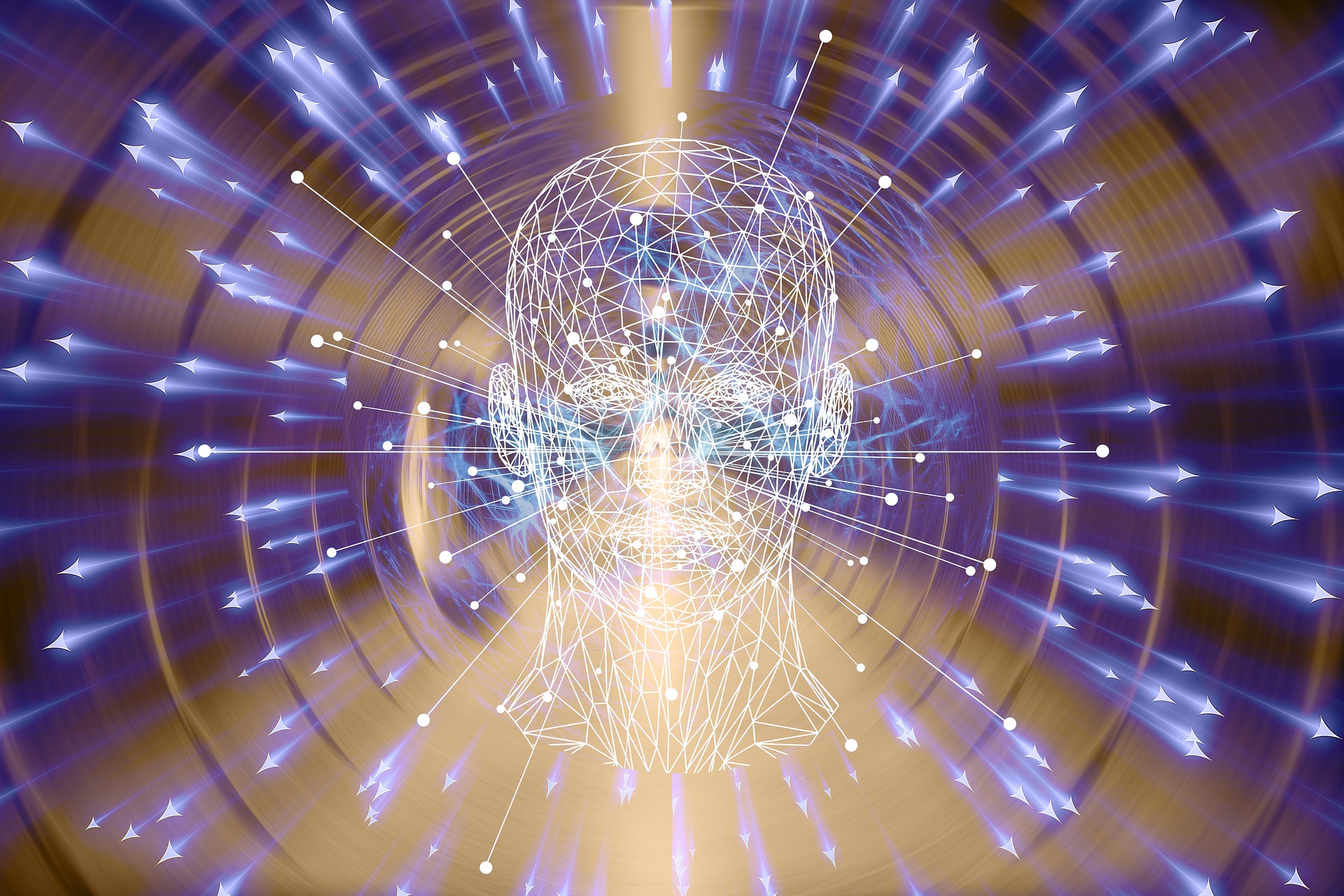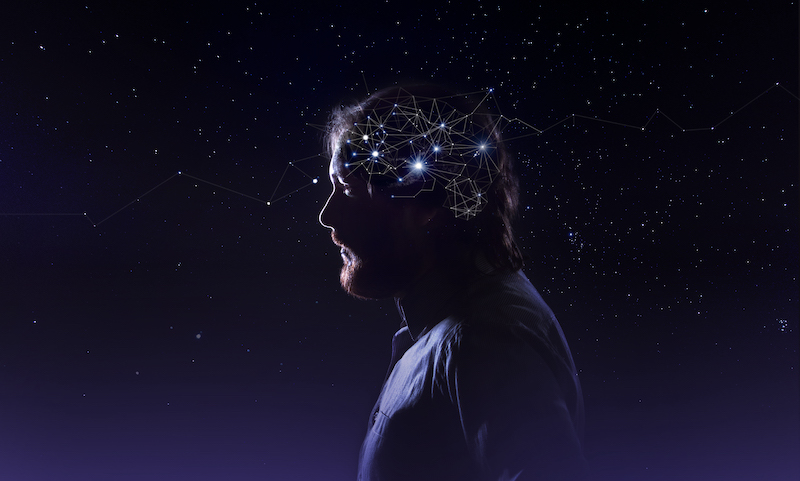How Our Minds Work and How It Affects Our Decision-Making Process

The human mind is a powerful and beautifully complex thing. Before we dive into learning how our minds work, it is important to note that even with thousands of years of research and exploration, we are yet to truly understand how exactly the human mind works. The human body has been dissected in a million different ways, and there is knowledge available to understand it at a cellular level. The human mind, on the other hand, is largely an enigma. All we can do is to study the work of psychologists, biologists, and neuroscientists to get a working idea about the general mechanisms of the powerful phenomenon that is our mind.
Humans have been fascinated by the workings of their own minds for a very long time. There is an entire discipline called psychology to scientifically study the ways of the mind, its behavior, and its processes. The interest in the way our minds work dates back to ancient civilizations across the world, from ancient Egypt, India, and all the way to China. In more recent history, Sigmund Freud developed a more clinical method of understanding the mind called psychoanalysis, giving us a deeper understanding of what drives our minds. In this article, we take a basic, yet comprehensive look at what the human mind is, how it works, what properties it possesses, and the way it impacts our decision-making process.
What Really Is the Human Mind?
According to the APA Dictionary of Psychology, your mind is, broadly, the organized totality of your mental and psychic processes and the structural and functional cognitive components on which they depend. Your mind is an abstract concept that helps to characterize your thoughts, feelings, intellect, and other mental processes. It encompasses all the mental phenomena of a human, including memory, feelings, emotions, perception, experience, and more. Early philosophers considered and treated the human mind as a substance or something tangible that exists within us like an organ. The more contemporary and accurate way of understanding the mind is by looking at it as a non-physical process, a set of capacities possessed by humans, or as a stream of consciousness. The human mind is dynamic, ever-changing, and ever-evolving. It is easier to understand what the human mind is by looking at it as a faculty that manifests itself in a set of complex mental phenomena.
Perception
Creating your unique perception of the world around you is an important property of your mind. It involves absorbing the sensory experiences you get through your ability to see, touch, hear, smell and taste, and guiding us towards the safest and the most beneficial ways of moving in the environment that we live in. To have a highly perceptive mind, we need to be actively engaged in the world around us. The ability to perceive requires paying close attention. If you come across an unfamiliar food, you may touch, smell, and even taste it before you make sense of what it is. That is your mind’s perceptive ability at work.
Thought
Thought or thinking is the most important cognitive activity we do. Thinking involves the mind using the information stored in our brains and the critical and analytical skills to make sense of the world around us. Every single day, from the moment you wake up to finally going to bed at night, your mind is filled with thousands of thoughts. In fact, once you do go to sleep, you may even find it difficult to fall asleep because your mind simply does not stop thinking. We develop our ability to think at a very young age. It is an important part of our socialization process and forming of our personalities.
Feeling
Feeling or sensation is a component in our minds that makes us the sentient beings that we are. There are two connotations to the word feeling, both closely connected to the complex entity that is our mind. You feel things physically when your skin comes into contact with something in your close vicinity. You also feel things internally or emotionally, which is a state of emotional response to something that you experience or consume with your senses. There is an entire spectrum of feelings or sensations that you encounter in your life. It is important to understand that there is a difference between feelings and emotions. Feelings are entirely subjective and unique from one person to another, while emotions are often shared by your fellow humans.
Emotion
Emotions are strong and complex, and they make the human experience infinitely deeper and more meaningful. Some of the most intense emotions we feel include love, lust, fear, anger, joy, horror, and grief. They are complex psychological states that are closely connected to one’s personality, behavior, mood, temperament, interpersonal relationships, and perception of the world. They can be both long-lived and short-lived, and the intensity of those emotions can vary depending on the person or the circumstance. Emotion is a strong driving force behind a person’s motivation or desire to get something accomplished. In fact, it can be almost impossible to initiate or continue due to something if the action is not backed by a strong emotion.
Memory
Human memory is not too different from the memory in your electronic devices. Think of your brain as the hardware that data and information are stored in, and your mind as the software that acquires, sends to storage, retains, and later retrieves them when needed. Our minds process memory in two different ways—the explicit memory, and the implicit memory. Explicit memory includes conscious and regular experiences such as a birthday or a name. Implicit memories are more unconscious and procedural, such as learning how to ride a bicycle. The ability to retain memory is largely different from one person to another, and it is quite impressive that we can train the memory capabilities to be stronger with practice.
Reasoning
Reasoning or rationality is another important property of the human mind. It includes using your memory, perception, experiences, and other acquired information to logically and sensibly think about something. There are two main types of reasoning—logical reasoning and intuitive reasoning. Your logical reasoning is based on facts, while intuitive reasoning is a part of your mind’s unconscious cognition. The human mind’s capability to reason is what allows you to experience new circumstances, and draw rational conclusions about them using both your existing knowledge and the new information you acquired through the experience. The reasoning process done by your mind is closely related to the perception, thinking, and cognition properties of your mind, and one’s ability to properly reason something often depends on their intellect and lived experiences.
Imagination
The imagination capability of our mind distinguishes humans from all other animals. We are able to form images, ideas, and concepts beyond the reach of our senses, and use our creativity and resourcefulness to make them happen. It is a uniquely human ability, and every single human with a cognitively functioning brain has a mind that can imagine. From the very beginning of our evolutionary process, the human mind’s ability to imagine things bigger than our immediate physical capabilities has allowed us to eventually become the most developed and dominant animal walking this earth. Imagination is the inception point of each and every innovative tool that has made humans who they are.

How Our Mind Works
How do we think, perceive, process, and imagine the way we do? Why do we do that? Digging deeper into the answers to those two questions is important to not only understand our mind better but also to have more conscious control over it. There are many educational and research disciplines that study the way our mind words—including psychology, evolutionary biology, and neuroscience. You need to combine the evidence and learnings from all these disciplines to get a clearer and more well-rounded idea about the way our mind really works.
Perhaps the most important thing to note when trying to understand the working process of our mind is that it is incredibly adaptive and vigorously dynamic. Take a few seconds to think of the most powerful computer processor that you can possibly imagine. Your mind is more powerful than that, and it has an inherent ability to rapidly adapt to whatever the environment that it is in. Our mind is constantly receiving data and information through external stimuli, gathered through the strong sensory organs that we have. It then transforms this information into what we call the human experience—the way we navigate the world around us and our interpersonal relationships within it.
How the Mind Relates to the Brain
If your mind is a software program, the brain is the organ or the hardware it runs on. Think of it as the physical space where the mind resides. Your brain is the control center of your central nervous system that is responsible for coordinating all your bodily functions, including all of your sensory apparatus along with the properties of your mind, such as thought, perception, and imagination, as mentioned above. There is an ongoing philosophical debate called the “mind-body problem” that questions the relationship between your physical consciousness and thought. It is important to understand that your mind is more than your brain. It is more of a spiritual dimension that involves the consciousness and cognitive functions of your brain, among many other things. The exact mechanisms of the human mind are still being widely explored.
References
How the brain helps us make good decisions — and bad ones. (2019, June 25). https://news.yale.edu/2019/06/25/how-brain-helps-us-make-good-decisions-and-bad-ones National Research Council. (1983). Research Needs for Human Factors. https://www.nap.edu/read/759/chapter/3#15 Pinker, S. (2015). How the mind works. Harlow, England: Penguin Books. Sahakian, B. J., & Labuzetta, J. N. (2015). Bad Moves: How decision making goes wrong, and the ethics of smart drugs. London, England: Oxford University Press. Smart, J. J. C. (2017). the mind/brain identity theory. In E. N. Zalta (Ed.), The Stanford Encyclopedia of Philosophy (Spring 2017). Metaphysics Research Lab, Stanford University.
